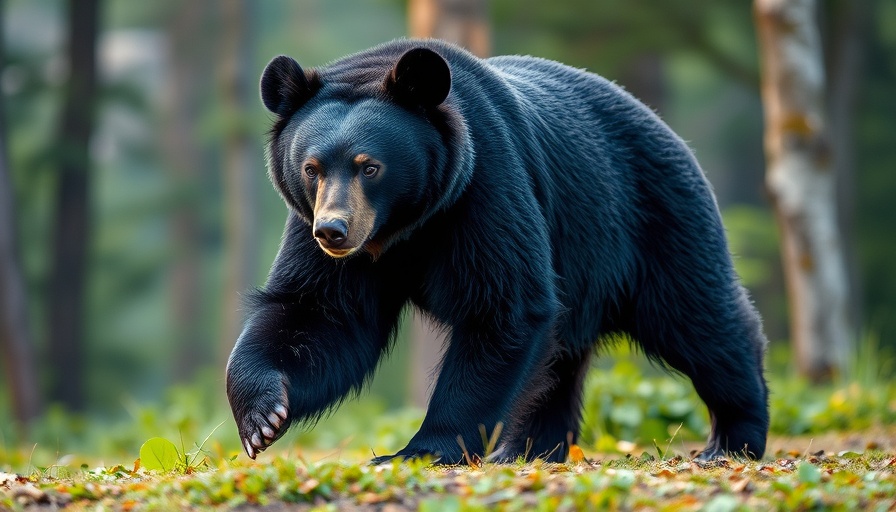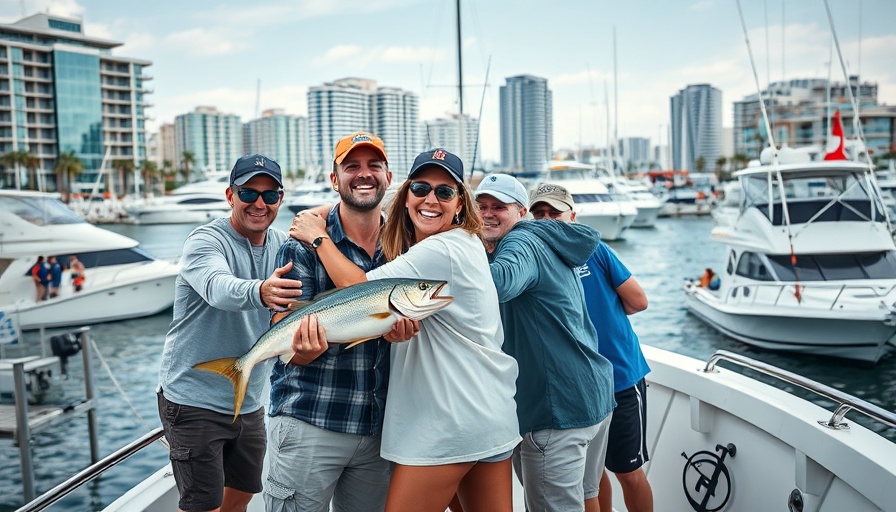
Florida Takes Bold Step: Black Bear Hunting Approved
In a surprising move, the Florida Fish and Wildlife Conservation Commission (FWC) has unanimously passed regulations to allow black bear hunting in the state, despite widespread opposition from various conservation groups and wildlife advocates. This decision is significant, given the ongoing debates about wildlife management and population control, especially for a species that has seen a resurgence in recent years.
Understanding the Context: Why a Black Bear Hunt?
Supporters of the bear hunt argue that it is necessary to manage the growing black bear population in Florida, which has doubled over the last few decades. With current estimates indicating approximately 4,000 bears, the FWC claims that regulated hunting can help mitigate human-bear conflicts, especially in urban areas where these majestic creatures have begun to encroach on residential neighborhoods in search of food.
This perspective raises the important issue of coexistence—how do we balance wildlife populations with human development?
Emotional Divide: Perspectives on Hunting
While some see hunting as a means to protect both human interests and bear populations, activists argue that it paints a grim picture of wildlife management. The emotional argument against hunting often focuses on the ethical implications—killing for sport versus survival. Opponents of the bill have mobilized protests, claiming that fostering deeper connections with nature and embracing non-lethal methods should be prioritized over hunting.
This divide illustrates a significant challenge for wildlife management authorities: reconciling diverse perspectives while ensuring sustainable practices.
Future Implications: What Lies Ahead?
The approved hunting season is poised to begin, and its consequences will be closely monitored. This could set a precedent for future wildlife management policies across the United States. If the FWC's approach proves successful in managing bear populations with minimal adverse effects, it might inspire similar efforts regarding other wildlife species facing population conflicts due to urban expansion.
In contrast, failure could lead to increased scrutiny and backlash from environmental groups, pressuring regulatory bodies to reconsider hunting as a management strategy. Communities must remain vigilant as new policies emerge.
The Bigger Picture: Conservation vs. Hunting
This controversy emphasizes the ongoing tug-of-war between conservation efforts and hunting interests. As urban sprawl continues to affect wildlife habitats, the impact on both humans and animals is inevitable. Advocates of responsible outdoor pursuits encourage engaging with nature in more sustainable ways, suggesting that experiences like hiking, wildlife watching, or eco-tourism can provide valuable insights and foster appreciation for the environment without resorting to hunting.
This shift toward understanding how we interact with wildlife presents an opportunity for a deeper exploration of Florida's natural landscapes, sparking new adventures in eco-friendly travel and outdoor activities.
Join the Conversation: Your View Matters
What are your thoughts on the reinstated black bear hunting in Florida? In a landscape where wildlife management continues to evolve in response to urban pressures, your voice matters. Join local town hall meetings or participate in online discussions to express your views and contribute to a sustainable future where both wildlife and human communities can thrive.
 Add Row
Add Row  Add
Add 




Write A Comment